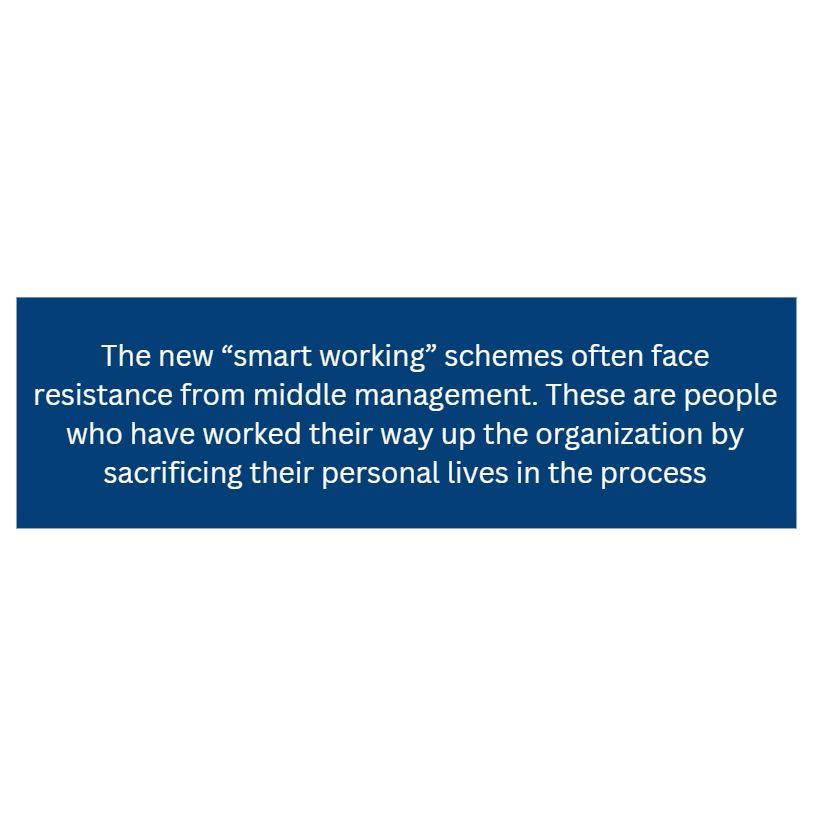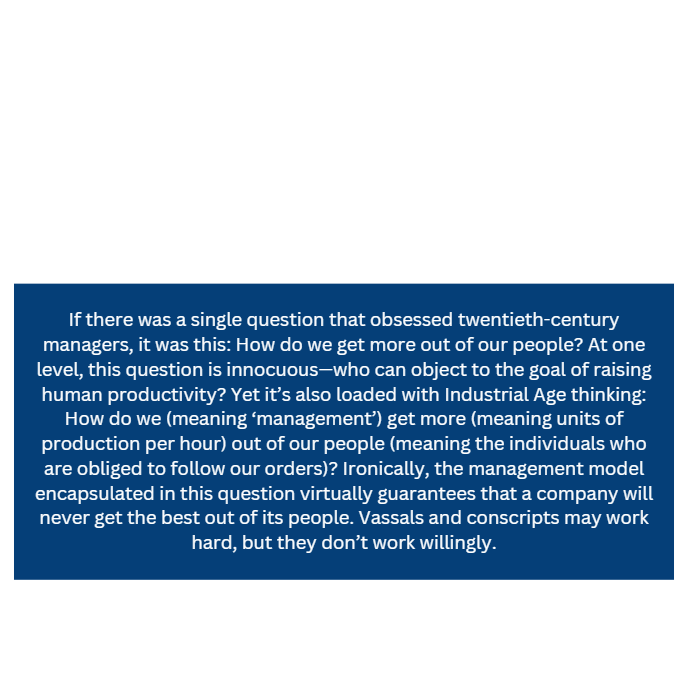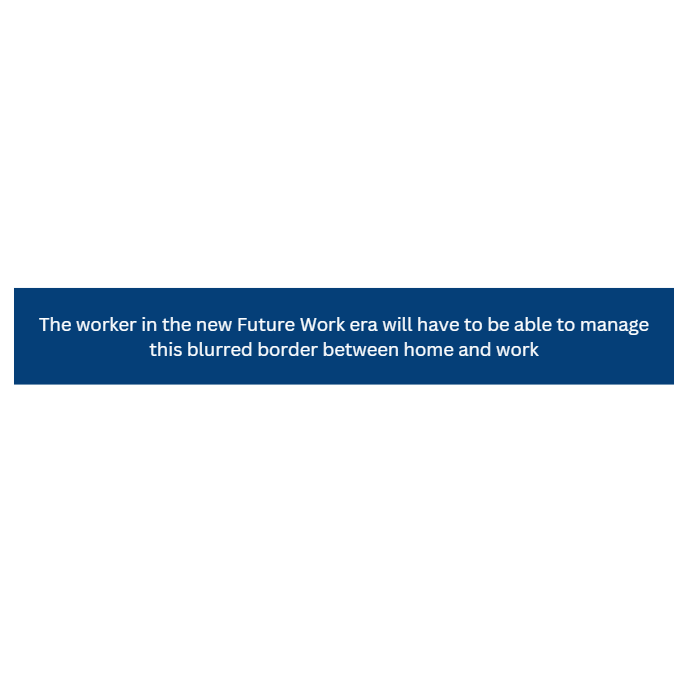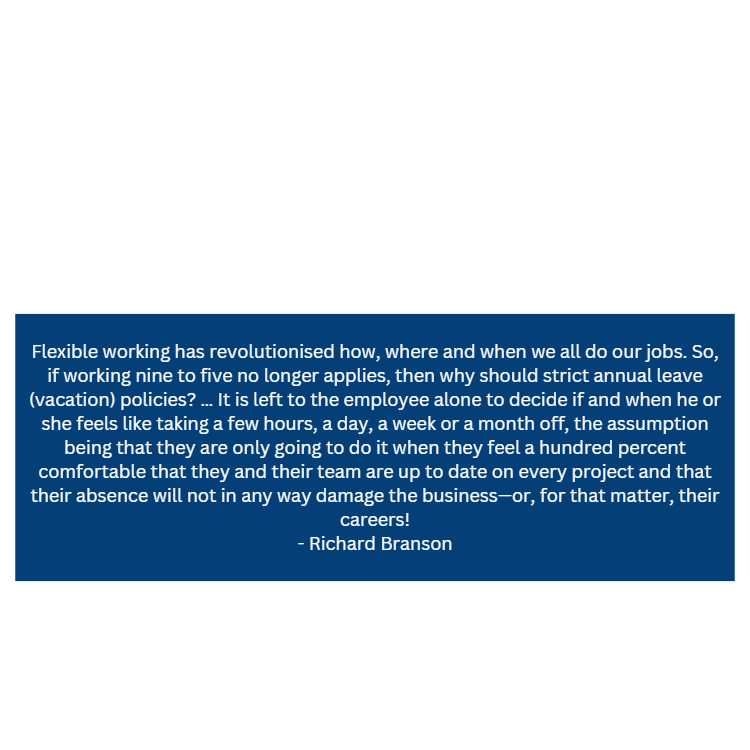Face to face meetings are back – Jack Herod gives us an insight into his recent trip to visit Lonza
Face to face meetings are back – Jack Herod gives us an insight into his recent trip to visit Lonza Face to
Optimus Search | 27th March 2020

After much resistance, global work practices are changing. The new world of work is here and many employers have to recognise that the command and control culture of the past is now out of date. Early adopters introduced “smart working” or “agile working” schemes as a business strategy to improve output and staff engagement/retention, and thus changed their leadership culture but they are now seeing the benefits. But those leaders that have just paid lip service to new ways of working, and had previously not adapted their culture, have now been forced to adopt this due to the recent global crisis, leaving them questioning how productive their staff will be.
Adopting a more flexible working culture takes clear leadership from the top, throwing out some of the hierarchical processes and introducing a flatter structure. Managers have to behave in line with the new embraced values of the business and empower their employees to build this trust. introducing radical new ways of working.
Senior leaders are also required to be role models by adopting “Agile Working” principles, technology, and facilities themselves. Our recent poll suggested that around 20% of jobs in senior management and above can be “location-free,” meaning that the executive may be based anywhere in the country or even world, and companies should invest in training people in the business benefits, in how to work and collaborate remotely, and in managing and being part of virtual teams.
These new “smart working” schemes often face considerable resistance from middle and senior management. The people who have worked their way up through the organisation by having committed long hours and sacrificing their personal lives to get where they are. They perhaps wrongly, or enviously, are looking for this dedication from a new generation of employees without understanding that their priorities and motivations may be different. These managers tend to justify their existence by having a visible team of people working for them and a large payroll budget, and suggesting that the same work could be done by a smaller group, or by people working from remotely, is a direct threat to their status.

This antiquated mindset means that they see the most integral part of their role as controlling employees, dishing out tasks, and showing people how to do the job. They tend to enforce the company rules and ensure compliance in the correct procedures militantly and in the interest of “quality performance,” they insist on work being done in a standard way, to ensure consistency. They reward the people who put in the extra dedicated effort, are loyal to the organisation, and don’t question the existing system too closely.
Success, post Covid19, will require managers and leaders being prepared to do the exact opposite. They will need to give employees autonomy and trust that they will not abuse that freedom, allowing people to choose to do the work the way that suits them best.
They will need to be clear about the results expected, and the metrics to measure activity, but not try to dictate overly rigorous methodology for achieving them. They should reward creativity, and encourage ideas that challenge established practices.
Working in a smart organisation
The staff working in these ‘smart’ organisations will feel genuinely empowered because the trust they have been given will be tangible. They will make better decisions on when and where they do the work to achieve their goals, and if they know they are most productive working in the evenings then they might choose to spend mornings on themselves. Instead of having to turn up being paid for putting in an appearance, they will choose the appropriate place of work to suit their own needs but also have the business interest at heart.
The new generation or remote workers should (and will) be happy to be judged on results, not on the hours they spend on wasted effort.
Most employees and people for that matter appreciate being treated like adults and being trusted to make decisions in their working lives than they would naturally make in the rest of lives. It’s always in their interest to think of smarter ways of getting the job done and achieving it in the shortest time, especially when the results are the key indicator of their productivity. The very best workers could even ultimately become those who work the least hours. Engaged and committed staff should question the value of time spent in pointless meetings and be rewarded for challenging the status quo. Managers should become more like sports coaches who get the best out of their teams by motivating them and providing support but remembering to let go of the reins wherever possible.

Once we have challenged the dependence of work needing to be based from a fixed location, a whole range of potential workplaces emerges. The recent global health crisis has meant that this has been forced on companies, but it might change the future of work – as we move to a virtual work environment. It may also be convenient for some people to work some of the time from home and some of the time in the office. As long as this fits in with people’s personal lives – then their work commitments can be highly productive. Just saving the time and hassle of a daily commute brings rewards but people also report significant improvements in output per hour worked at home versus a noisy office.

However, most jobs involve contact with other people. Technology is replacing some of this but there will still be a need for individuals to get together and share ideas. Some meetings will be replaced by videoconferencing or online discussion forums. Social media will help remote teams to build rapport. But there will still be a need for space for physical meetings. So the office of the future will cater to people meeting together and using some desk space on a “drop-in” basis. Activity-based workspace allows for people moving around the building depending on the task they are performing.
But the just-in-time approach to the workplace raises a question about the need for any permanent space at all. If meeting space or flexible office spaces can be rented by the hour or the day, why have the overheads of a permanent building?
The workplace for many people might be a combination of a multi-user hub office, rented space, a serviced office or simply a table in the local coffee shop, with the occasional day at home thrown in. For the truly mobile worker, their workplace is wherever they are, as long as they have access to the internet.
This ability to work remotely can be both a blessing and a curse. Employees may have control over when and where they choose to get their jobs done but they may also blur the lines of their personal lives in the process. If their boss expects them to be available at any time, wherever they are, just because they are working remotely, then there is an inherent danger that this can invade their personal lives. It can be tempting for business owners, leaders and managers to take advantage of technology and expect their people to be available at all times.
In order to keep the new status quo, it may also be tempting for employees to be available all the time, just to impress the boss and secure the freedoms of remote work. However, eventually, employees will inevitably start to resent the takeover of their lives by their job.
The worker in the new ‘Future Work’ era will have to be able to manage these blurred lines, and self-management, project reporting and effective communication will become increasingly important.
With the freedom to choose how and when to work comes the added responsibility for getting the desired results and companies will need to trust their employees to control their own work patterns but equally will want that trust to be repaid by people being high achievers.
Visionary leaders won’t care about effort, it will all be about accomplishing great work.

The ability to mix work and pleasure, aided by technology, will be a key factor in shaping people’s lives in the coming months – but beyond that over the next decade. If employers don’t keep up with this trend they are likely to lose their best people, either to more agile organisations or to some form of self-employment.
As long as they measure and reward output, trusting and treating people like adults they will be successful. This sounds like a simple, but it flies in the face with the prevailing culture in many businesses and may take a serious shake-up of leadership to achieve.
Perhaps the current Global pandemic can be the ultimate catalyst for change and a global movement challenging the way businesses operate and creating a happier more fulfilled workforce in the process.
Face to face meetings are back – Jack Herod gives us an insight into his recent trip to visit Lonza Face to
Covid19 – The catalyst for positive business change? Covid19 – The catalyst for positive business change? Optimus Search | 27th March 2020
How to perfect the ‘Remote Interview’ process How to perfect the ‘Remote Interview’ process Optimus Search | 25th March 2020 As